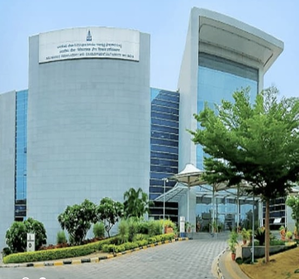New Delhi, 28 February (IANS). The Insurance Regulatory and Development Authority of India (IRDAI) issued new guidelines on Friday, which allowed insurance companies to use equity derivatives to hedge their equity investments.
The move aims to help insurance companies to protect their investments from market instability, ensuring conservation of their portfolio value.
Currently, insurance companies are allowed to trade in interest rate derivatives such as forward rate agreement, interest rate swap and exchange-traded interest rate in future. They are also allowed to deal in credit default swap as security buyers.
However, with the rapid investment in the stock market by insurance companies, the regulator felt the need to allow hedging through equity derivatives to manage the risks arising from share prices.
Under the new rules, insurance companies can use stock and index futures and options to hedge their equity holdings.
However, these derivatives can only be used for hedging purposes and the over-the-counter (OTC) trading in equity derivatives is strictly prohibited.
Before joining equity derivatives, insurance companies will have to set up an approved hedging policy by the board.
They also need to implement the internal risk management system, upgrade their IT infrastructure and to audit regularly.
In addition, IRDAI has emphasized the need for a strong corporate administration framework to ensure that all derivatives made made to fulfill the best interests of contract policy holders.
These guidelines expect the insurers to get more opportunities for better risk management tools and portfolio diversification.
Meanwhile, on February 17, the government asked private insurance companies to extend the free look period for policyholders from one month to one year.
Financial Services Department (DFS) Secretary M. Nagaraju announced this update at the press conference after the budget in Mumbai.
The free look period is a time to cancel the policy holders to cancel their insurance policy without any surrender fee. Last year, the insurance regulatory body extended the period from 15 days to 30 days.
-IANS
SKT/Ekde
